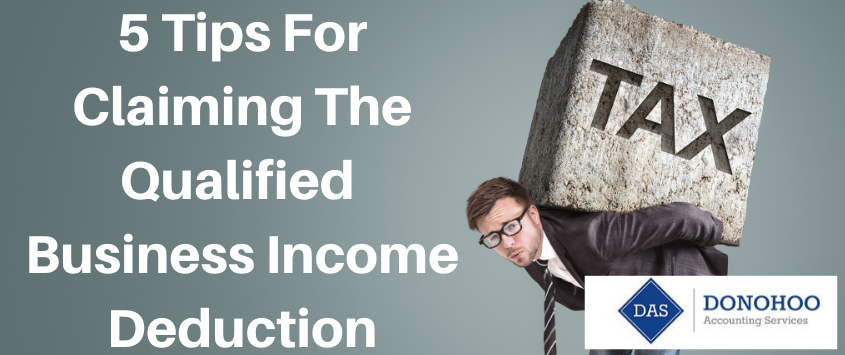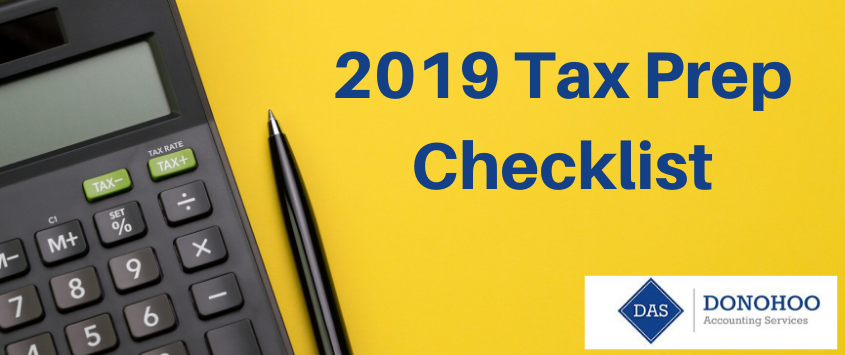5 Tips to Lower Your Tax Bill
As tax season approaches, it’s important to make sure you’re getting the most on your return. If you think you’re paying too much on your taxes it may be because you may not be taking advantage of the available tax credits and deductions. Because your taxes are based on your taxable income rather than your gross income, there’s plenty of ways to use standard deductions or “write-offs” to pay less taxes. These 5 tips can help you reduce your bill and get the most on your refund this tax season.
Claim the Right Credits
Claiming tax credits is one of the best ways to help lower your tax bill and there’s a number of options available to claim. The IRS offers a number of credits for individuals and families ranging from credits for dependents, earned income and savings, housing, as well as healthcare and education. Finding the right credits and taking advantage of them helps you reduce what you pay and maximize your return.
Check Your Deductions
Unlike a tax credit which is a dollar-for-dollar reduction of your tax bill, a tax deduction reduces the amount of tax you are liable for, lowering your taxable income. The money you spent contributing to healthcare savings accounts or an individual retirement account can be deducted from your taxable income. There are also specialized deductions, including deductions for self-employed individuals and teachers for out of pocket expenses on supplies.
Contribute to Your Retirement Fund
One of the easiest ways to reduce your tax bill is with contributions to your individual retirement account or IRA. Individuals can contribute up to $6,000 to their retirement account per year. Any money you add is considered a pre-tax contribution, which can be deducted from your taxable income, helping to lower your tax bill. Additionally, most IRAs are tax-deferred, which means you won’t have to worry about paying taxes on them until you’re ready to withdraw the funds.
Donate to Charity
Volunteering and giving to charities are more than just a way to give back to your community. In addition to monetary donations, clothing, toys, books and other goods are considered charitable deductions that can go towards reducing your tax bill. And while your time spent volunteering isn’t eligible for a deduction, certain expenses are including purchasing supplies and travel costs.
Invest in a 529 Plan
If you have children, investing in their education not only benefits them, but your contributions can help lower your tax bill. Current 529 college savings plans are one of the easiest ways to save money for college and in many states, you can deduct your contributions off your taxable income. While these deductions aren’t allowed on federal income returns, they can be applied to your state income taxes.
The best way to lower your tax bill this season is with the help from knowledgeable professionals. For the last 20 years, Donohoo Accounting Service has been helping businesses and individuals in the greater Cincinnati area find the most deductions and maximize their tax returns. Contact us today or call us at 513-528-3982 for a free consultation. Check us out on Facebook, Twitter or LinkedIn for our latest updates!









